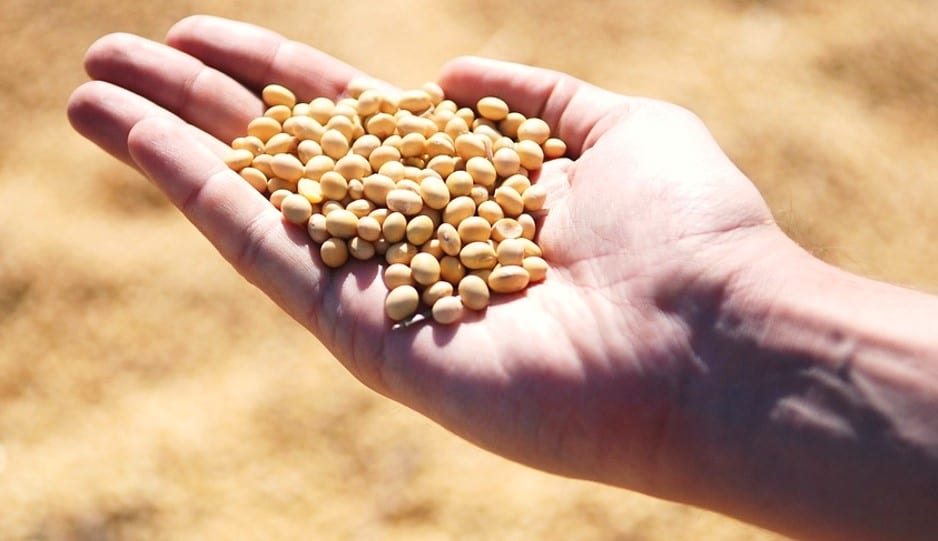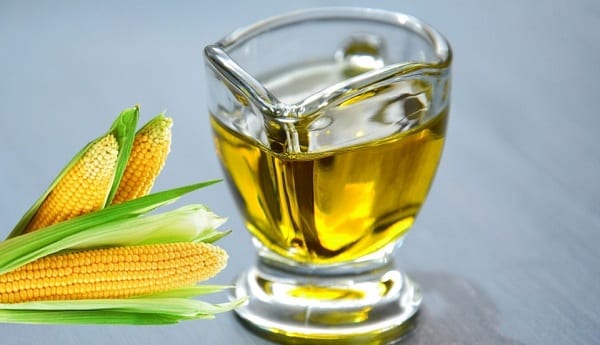Canada, China and India are the largest producers of rapeseed oil today. It can be consumed unheated, served as a dressing or a dip, but is most commonly used in frying, baking and roasting food.


Canada, China and India are the largest producers of rapeseed oil today. It can be consumed unheated, served as a dressing or a dip, but is most commonly used in frying, baking and roasting food.

Soybean oil is obtained from the seeds of the soybean. Production is mainly focused in the United States, Brazil and Argentina. These 3 countries alone account for over 75% of total global output.

Over 20 million tonnes of sunflower oil are produced annually around the world. Countries with the highest output are Russia, Ukraine, Argentina, Romania, and China.

Due to its low cost, corn oil is an increasingly popular feedstock for biodiesel production. Other industrial uses include the manufacturing of soap, paints, erasers, textiles and rustproofing agents.

Linseed oil is mainly used as a preservative for wood and concrete, and can be found in paint, varnish, and stain formulas. The largest producers of linseed oil are China, Belgium and the U.S.

China, Germany, and Canada are the world’s leading canola oil producers, accounting for over 45% of total production. The product is primarily used as a cooking oil in food production.

Castor oil is extracted from the Castor Oil plant, Ricinus Communis. Depending on the country where it is cultivated, it can grow between 4 feet to 40 feet tall.

Olive oil is the most common vegetable oil in the world. The largest producers by volume are located in Spain, Morocco, Turkey, Greece, and Italy.

Rice bran oil is extracted from the outer bran or husk of rice grains. It is frequently used as a cooking oil in South and East Asian countries.
In recent years, the global demand for edible oils and seed oils has grown at an increasingly rapid pace. Driven by the rising consumption of high-quality vegetable oils for everyday food, and the growing demand for alternative fuels in the transport sector, the market is in a state of constant development.
The main forces driving vegetable oil demand are population growth and the rising living standards of wide swaths of the population, particularly in developing markets. Vegetable Oil suppliers are also seeing a growth in demand from biodiesel producers as a result of mandatory blending quotas in key jurisdictions including the United States (Renewable Fuel Standard) and the European Union (Renewable Energy Directive).
Onat Global is a major vegetable oil supplier and distributor serving markets throughout Europe, Asia, Africa and the Americas. Operating out of our Geneva offices alongside our European biofuels & feedstock team, our experienced vegetable oil traders are focused on creating sustainable value for customers.
Our commitment to responsible, sustainable and traceable supply chains is reflected in all of our vegetable oil sourcing, trading, logistics, sales and distribution activities. Our expertise in edible oil supply & trade helps us ensure that the products we provide maintain their exceptional quality throughout the product journey.
© 2018 Onat Global All Rights Reserved Co.